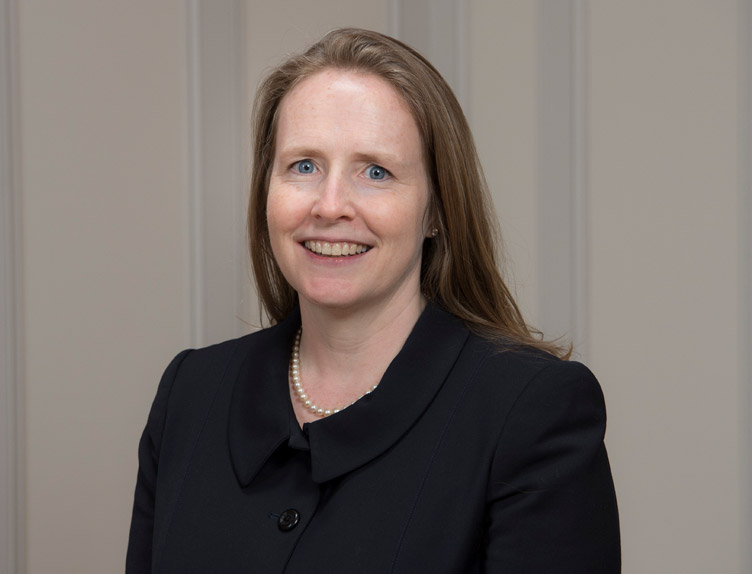New research highlights need for post-operative system of care for elderly patients

A significant gap exists in the provision of care for elderly patients who undergo emergency abdominal surgery, according to research published by RCSI’s Healthcare Outcomes Research Centre (HORC).
Published in BMC Geriatrics, the study reviewed 4,951 hospital episodes of patients over 65 years admitted for emergency abdominal surgery.
The study revealed that the post-operative length of stay was almost two weeks longer for patients admitted from home and discharged to a nursing home in comparison with patients discharged home, reflecting more serious illnesses among patients discharged to nursing homes as well as indicating that patients who are fit to leave hospital may not have access to a step-down nursing home place.
90% of older people who underwent emergency surgery were admitted from home. Just 60.8% of those returned to their home on discharge from hospital. Of the patients admitted from a nursing home, 80.6% were discharged back to a nursing home and 18.4% died, probably reflecting their greater levels of frailty compared to those well enough to live at home.
Patients who were admitted from home and discharged to nursing homes had a hospital stay 13.9 days longer than patients discharged home. Patients admitted from home and discharged to nursing home stayed 13.6 days longer than patients admitted from nursing home and discharged to a nursing home, possibly indicating that patients who do not already have a nursing home place find it difficult to access one after their surgery.
Commenting on the study National Clinical Programme in Surgery Co-Lead and senior author on the paper Professor Deborah McNamara said that the quality of an elderly patients’ survival is dependent on specific resources being made available, both in hospitals and in the community, including access to appropriate step-down care facilities.
Professor McNamara said: “An increasing number of elderly patients undergo emergency abdominal surgery which reflects demographic change, longer life expectancy, and greater acceptance of emergency operative management in older people. Older patients who undergo emergency abdominal surgery are often frail and have complicating underlying medical conditions which increases the risk associated with these operations and makes their recovery more complex. Older patients are vulnerable to post-operative functional decline that can impact their quality of life and their ability to live independently. This is especially true for patients who have prolonged stays in hospital.
“These findings are particularly important in the context of our aging population. At present, we do not have uniform availability of post-operative support for surgical patients, including intensive physiotherapy and occupational therapy in hospital and appropriate nursing home care. Our data suggests that our health service could do more to support older people who are recovering from major surgery. Data driven decision making in health policy is vital and these findings should support the development of a health approach that meets the in-hospital, rehabilitation and placement needs of older patients”.
Professor McNamara added that the findings are also relevant for clinicians in assisting patients and their families to better understand the risks associated with this type of surgery including the in-hospital mortality as well as the higher risk of post-operative dependency in surviving patients.
The number of emergency abdominal surgeries ranged between 148 and 162 per 100,000 each year over the study period. Twenty-four hospitals around Ireland provide acute surgical services, each operating an emergency on-call rota.
The annual National Healthcare Conference, hosted by HORC, takes place at RCSI on Tuesday, 31 March. The conference will address outcomes for healthcare planning with speakers including Colm O’Reardon, Deputy General Secretary, Department of Health and Michael van den Berg from the OECD and RCSI President, Mr Kenneth Mealy. Professor Arnold Hill, Professor and Chair of Surgery at RCSI, will lead a conversation with patient Alan O’Connor. The full programme is available here.



